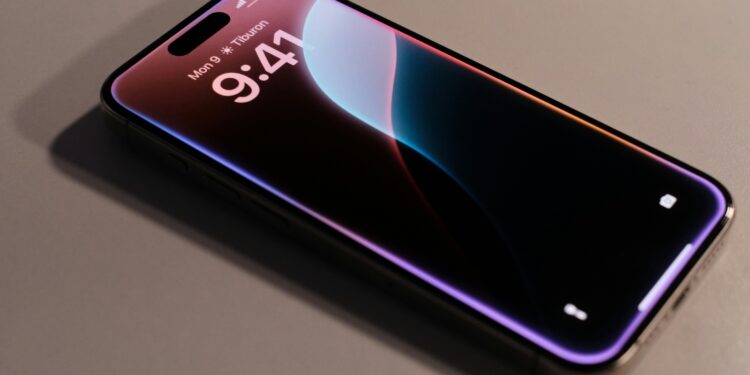Apple is adapting its strategies for the Chinese market by negotiating with tech giants Tencent and ByteDance to integrate their AI models into iPhones sold in China. The move comes amid tight regulatory restrictions and growing competition from local vendors.
China is one of Apple's most important markets, but also one of its most challenging. With strict laws regulating AI services and increasing local competition, Apple faces several challenges. Recent reports suggest that Apple is seeking new partnerships with Tencent and ByteDance to strengthen its position in China and remain competitive.
Regulatory hurdles: Why ChatGPT remains blocked in China
Apple recently started integrating OpenAI's ChatGPT into its devices. With the release of iOS 18.2, iPadOS 18.2 and macOS Sequoia 15.2, generative AI has been made accessible to many users. In China, however, ChatGPT remains blocked due to regulatory requirements. The Chinese government requires companies to obtain approval before they can offer such AI services publicly. To get around this hurdle, Apple is looking for locally available alternatives. This is where Tencent and ByteDance come in. Both companies have developed their own AI models - Tencent the "Hunyuan" model and ByteDance the "Doubao" model.
Weak sales figures force Apple to adopt new strategies
These could be integrated into iPhones in China if the negotiations are successful. According to Report However, according to Reuters, the talks are still at an early stage. The need for such measures is underscored by Apple's current situation in the Chinese smartphone market. In the second quarter of 2023, the company briefly fell out of the top 5 smartphone vendors in China. Although it recovered in the third quarter, sales fell by 0.3% year-on-year. A clear sign that Apple needs to be more responsive to local conditions to maintain its position.
Growing competition: Huawei puts pressure on Apple
As Apple pursues these partnerships, pressure from competitors is growing. Huawei has been gaining market share in recent months, increasing its sales by an impressive 42% in the third quarter. Huawei's latest Mate 70 series boasts AI features based on a self-developed large language model. This development shows that local vendors are increasingly tailoring their products to the needs of Chinese consumers, putting additional pressure on Apple. Apple has also reportedly spoken to Baidu about similar integration opportunities. These talks illustrate how serious Apple is about rethinking its AI strategy in China. The outcome of these negotiations could set the tone for Apple's future market strategy in the region.
Apple in China: The key is local partnerships
Apple faces a complex market environment in China, characterized by regulatory requirements and strong competition. The talks with Tencent and ByteDance show that the company is willing to explore new avenues to better tailor its products to the needs of the Chinese market. It remains to be seen whether and when an agreement will be reached. What is certain, however, is that the outcome of these negotiations will be of great importance for both Apple and the Chinese technology industry. It remains exciting to see how Apple's position in one of the world's most important markets will develop. (Photo by Unsplash / appshunter.io)
- Apple criticizes Meta over interoperability demands in the EU
- Apple and NVIDIA are working on faster LLM performance





